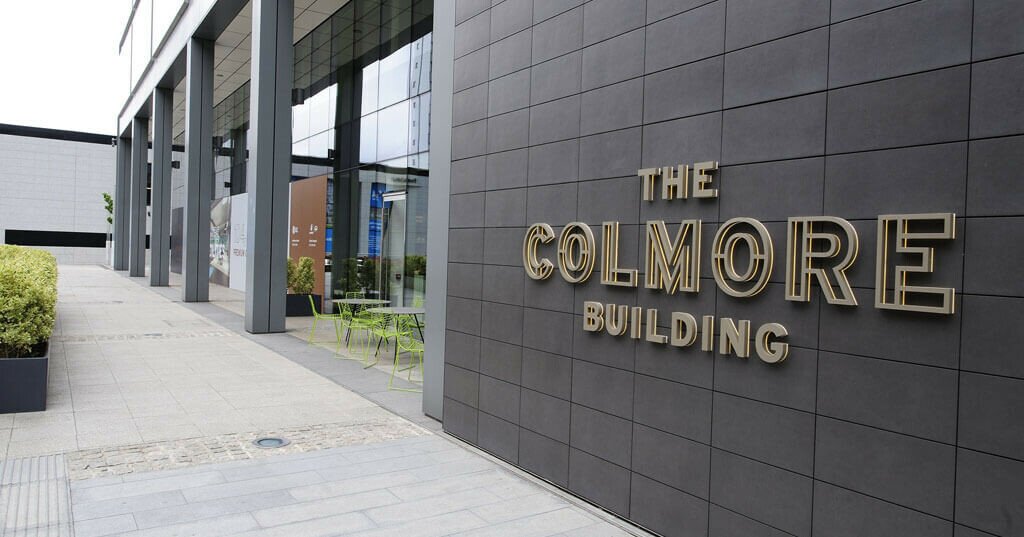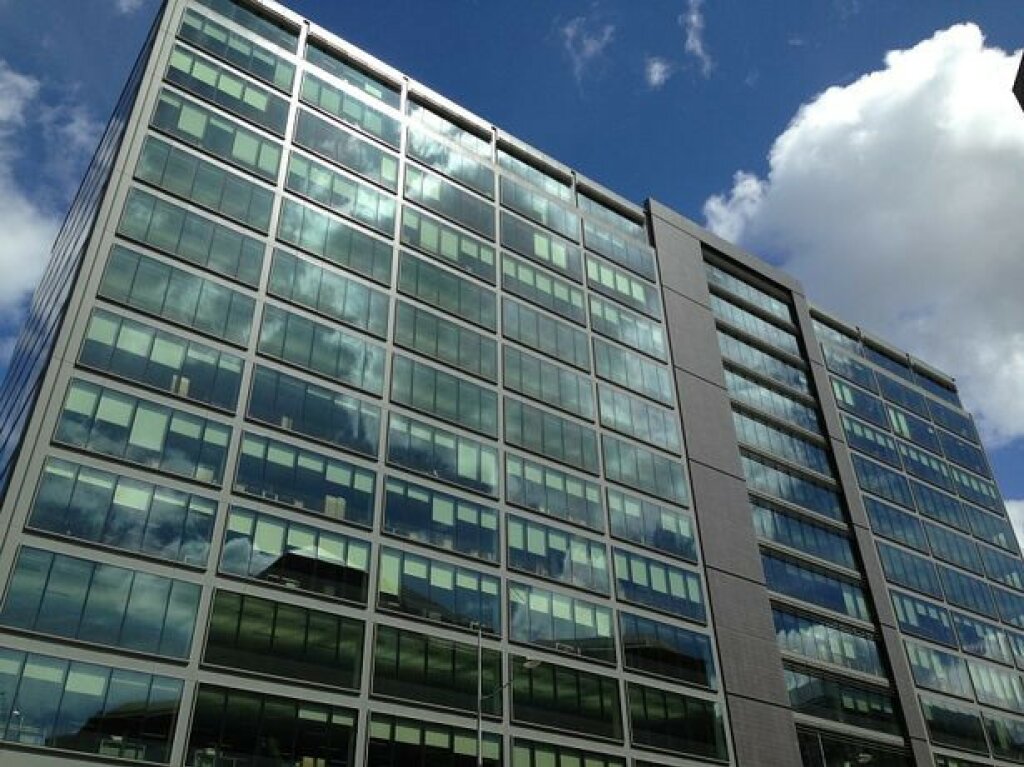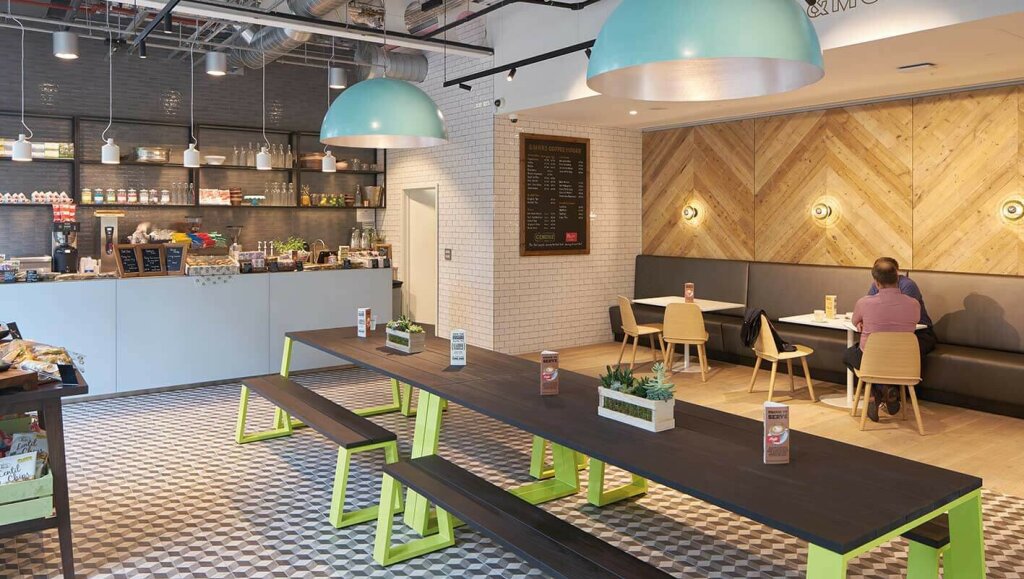Investing in Birmingham's commercial property market is essential for the city to remain attractive to major occupiers, says head of adviser AshbyCapital Peter Ferrari.
Investing in Birmingham's commercial property market is essential for the city to remain attractive to major occupiers.
Unlike many other European countries, which often have a number of major business cities, there has always been a significant gap between London and our regional cities.
Over the last few years, it has been easy for both UK and overseas property investors to overlook opportunities in the regions as the recovery from the global financial crisis has seemed to stem from the capital.
However, following Brexit, investment in central London has dropped to £1.7 billion, less than two-thirds of that from a year earlier.
Investors are now turning their attention to the UK's regional cities - Birmingham in particular.
In their 'Emerging Trends in Real Estate 2016' report, the Urban Land Institute and PwC stated Birmingham offered the best property investment potential in the UK and the sixth best in Europe.
Comparatively, London was in 15th place.
By comparison to London, good assets in the UK's second city tend to look increasingly attractive to investors and occupiers alike.
The fundamentals of the market are also positive: recent census data shows that Birmingham's population grew by nearly 100,000 in the decade to 2015, equating to a 9.5 per cent increase.
The city is also the youngest in Europe, with 50 per cent of its population under the age of 30.
With young people flocking in, Birmingham holds great promise for investors seeking advanced returns in the residential property sector.
Birmingham's commercial property sector is also garnering interest and deservedly so.
Recent investment in transport links and infrastructure has given UK regional cities a considerable confidence boost.
HS2 will be completed in 2026 and will connect London with Birmingham and, then later on, Leeds and Manchester.
It will cut journey times between London and Birmingham to 49 minutes, making it as connected to the capital as many London suburbs.
Similarly, Birmingham Airport, around ten minutes from the city centre, has opened up further international destinations thanks to the creation of a new £40 million, 400-metre runway extension last year.
This improved connectivity will see the West Midlands metropolitan region enjoy direct productivity gains of between £1.5 billion and £3.1 billion per year, according to a KPMG/DfT Regional Impact Study.
Consequently, Birmingham has not just become an attractive place to live but an attractive place to work.
With more Michelin-starred restaurants than any other UK city outside London and home to the Birmingham Hippodrome - the UK's most popular theatre - Birmingham is a draw for workers and the businesses that employ them.
The arrival of Deutsche Bank and HSBC to Birmingham's central commercial district is evidence of the city's status as a prime business location.
However, these moves are currently an exception rather than a trend simply because the right office space for large international businesses can be difficult to find.
Global businesses need world-class offices with high-quality facilities.
Technology and changing lifestyles have driven a massive shift in what businesses and workers expect from their workplaces.
Larger businesses seek to offer their employees offices with gyms, showers, cycling facilities and cafés, not as luxuries but as standard issue.
The pipeline for new office space in Birmingham is at its highest level for 13 years, with 969,000 sq ft of offices under construction, according to the 2016 Deloitte Crane Survey.
But demand for new grade A office space is still likely to outstrip supply.
To attract the best businesses, a modern office environment with strong on-site amenities, which enable staff to work flexibly and lead a healthy, happy and sociable lifestyle, is essential.
Investing in and enhancing existing buildings - as we have done with The Colmore Building (formerly Colmore Plaza), where we have added a coffee house, state of-the-art gym, treatment rooms, a refurbished reception with dedicated concierge team and facilities for cyclists including luxury changing rooms and a drying room - will be a vital element in helping provide the kind of office buildings forward thinking occupiers require.
The UK's second city is well on its way to rivalling London as a location for major businesses and their employees.
But to ensure that the influx of world-class companies continues, developers must keep raising the bar, upgrading office buildings to reflect the needs of the businesses they hope to attract.
Peter Ferrari is Chief Executive of real estate investment adviser AshbyCapital.


